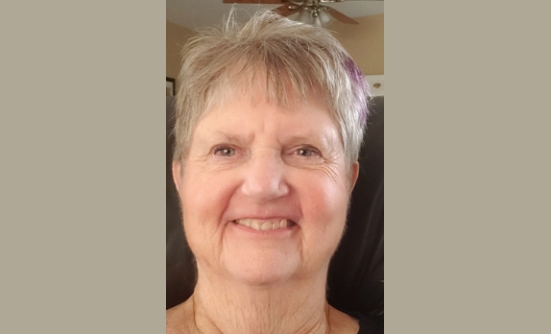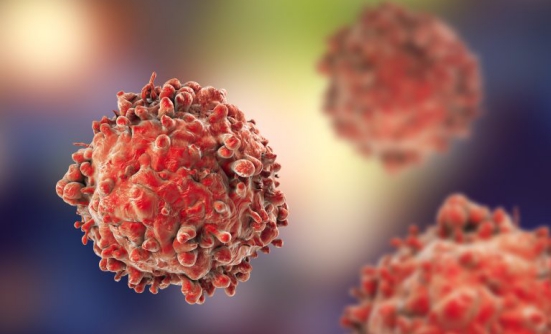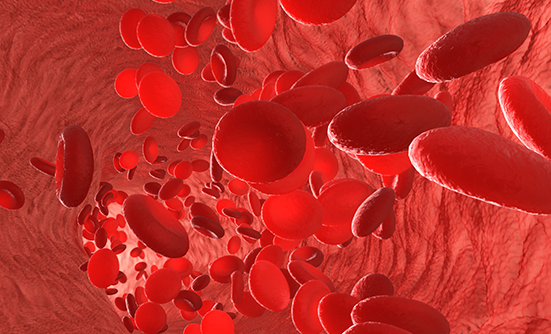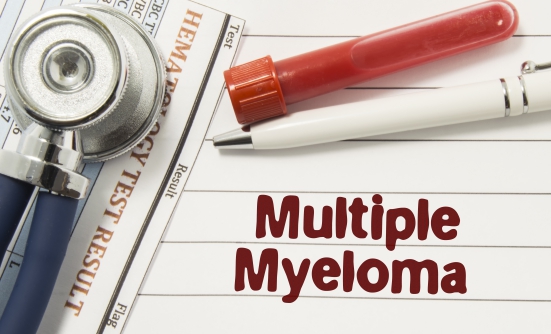The outlook for patients with multiple myeloma is bright, as treatment advances have greatly improved the ability to target myeloma cells and prevent disease resistance to treatment.
Many improvements have occurred in multiple myeloma therapy, providing real hope that cure may soon be within reach for many patients, said Kenneth C. Anderson, MD, Program Director, Jerome Lipper Multiple Myeloma Center, Dana-Farber Cancer Institute, Boston, at the 2018 American Association for Cancer Research International meeting.
“In the past 10-15 years, we have been very blessed in myeloma,” Dr. Anderson said. “We have 4 different classes of drugs: proteasome inhibitors, immunomodulatory drugs, an HDAC inhibitor, and 2 monoclonal antibodies,” he said.
“As a result, we have 22 approvals by the Food and Drug Administration, and hopefully, a couple later this year, and people are living at least 3 to 4 times longer than they were just 10 or 15 years ago. For many patients, myeloma is a chronic illness,” Dr. Anderson said.
Historically, treatment did not begin until a patient had clear evidence of the disease, including anemia, bone disease, high levels of calcium in the blood, and abnormal kidney function (collectively known as “CRAB”).
Earlier Treatment
The new-generation therapies also have fewer side effects, and patients are starting treatment earlier, before complications arise, he said. In many cases, treatment begins before the patient has any of the classic signs of multiple myeloma.
Three years ago, the International Myeloma Working Group established new criteria to define active multiple myeloma based on laboratory tests and imaging studies. This new approach identifies changes that occur before the classic CRAB symptoms appear.
Recent studies have shown that cellular and genetic changes occur early in multiple myeloma. Experts have long recognized a precursor (early) condition called MGUS, which is characterized by genetic changes before a diagnosis of MGUS or smoldering myeloma, another early condition related to the disease.
“It’s my prediction that over time we’re going to start calling these conditions early myeloma,” said Dr. Anderson.
This means that therapy will aim at preventing complications instead of waiting until they appear before treating them. Clinical trials are now investigating drugs for the prevention of progression from smoldering to active multiple myeloma.
Current Standards of Care
For patients with newly diagnosed multiple myeloma who are candidates for stem-cell transplant, current therapy consists of using a combination of 3 types of drugs. A common combination is the immunomodulator Revlimid (lenalidomide), dexamethasone, plus the proteasome inhibitor Velcade (bortezomib) or Kyprolis (carfilzomib). Almost all patients respond to such a combination.
Newer drugs, including the 2 monoclonal antibodies—Darzalex (daratumumab) and Empliciti (elotuzumab)—have recently been added to these treatment regimens for patients with multiple myeloma.
Patients complete several cycles of a 3-drug combination, then undergo a transplant. Later, patients often receive maintenance therapy, usually with Revlimid or with Revlimid and Velcade.
In May 2018, the FDA approved the combination of Darzalex with Velcade, plus melphalan and prednisone for patients with newly diagnosed multiple myeloma who are not eligible for a transplant.
Patients who are too ill or frail to have a transplant typically receive a 3-drug combination, or 2-drug combination for those who are very frail, said Dr. Anderson. They also receive Revlimid maintenance therapy.
The effectiveness of new therapies has raised questions about the need for transplant. According to Dr. Anderson, a transplant is still a good option for many patients. A study published last year in the New England Journal of Medicine showed that more patients with multiple myeloma who had a transplant in addition to 3-drug combination therapy had no evidence of minimal residual disease (MRD-negativity) than patients who did not have a transplant.
The high rate of MRD-negativity with or without transplant “is something we have not been able to achieve in myeloma heretofore,” Dr. Anderson said. MRD status may become the standard for evaluating the effectiveness of new multiple myeloma drugs.
Having many effective drugs for multiple myeloma improved outcomes for patients with relapsed disease, and 3-drug combinations remain the preferred approach for relapsed disease.
Various drug combinations have proved effective in patients whose disease relapsed even 3 times. Effective combinations exist even for disease that has become refractory (stopped responding) to a newer drug.
“Even in relapsed disease, we not only have responses, but we have MRD-negative responses,” Dr. Anderson said.
“It’s still an incurable disease, and we have to continue looking for ways to try and make the situation better,” said Dr. Anderson.
Immunotherapy for Multiple Myeloma?
A new immunotherapy is focused on a protein on the surface of certain myeloma cells known as B-cell maturation antigen (BCMA), which promotes myeloma-cell survival, growth, and drug resistance. Several immunotherapies called “immune checkpoint inhibitors” have already been approved for different types of cancer.
A second-generation checkpoint inhibitor, the CAR T-cell therapy known as bb2121 is now in clinical trials for multiple myeloma. This new CAR T-cell drug is targeting BCMA to destroy myeloma cells.
At the 2018 meeting of the American Society of Clinical Oncology, experts presented results from an early clinical trial, which showed good outcomes in patients with relapsed or refractory multiple myeloma. Patients who received bb2121 had extended time without disease progression.
“What we’ve been able to show is that bb2121...does induce deep and durable responses in pretty heavily pretreated multiple myeloma patients. It didn’t matter whether you had low or high BCMA expression; patients still responded,” said Noopur S. Raje, MD, Clinical Director, Center for Multiple Myeloma, Massachusetts General Hospital Cancer Center, Boston.














